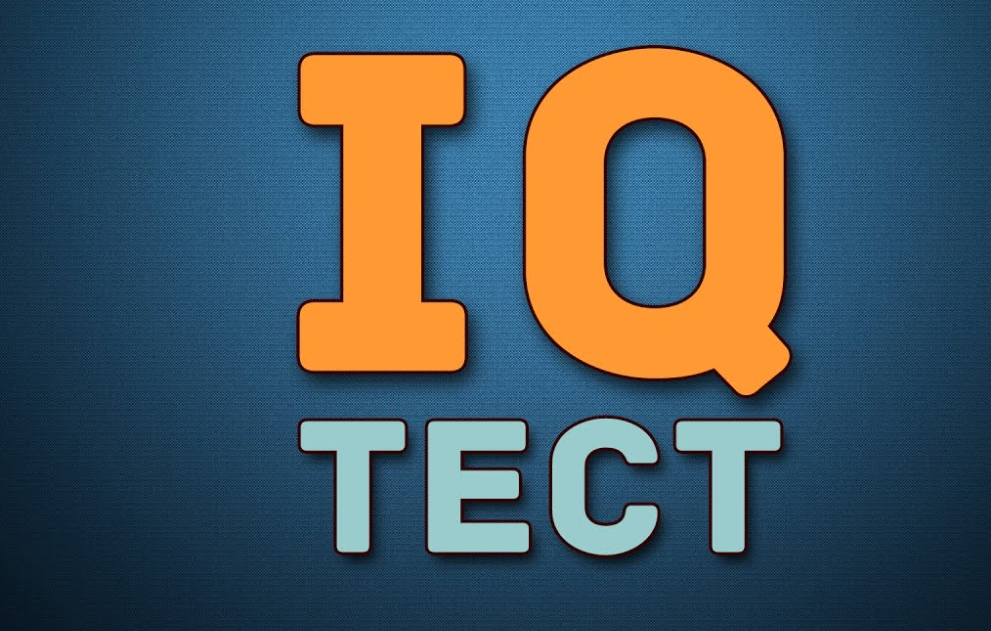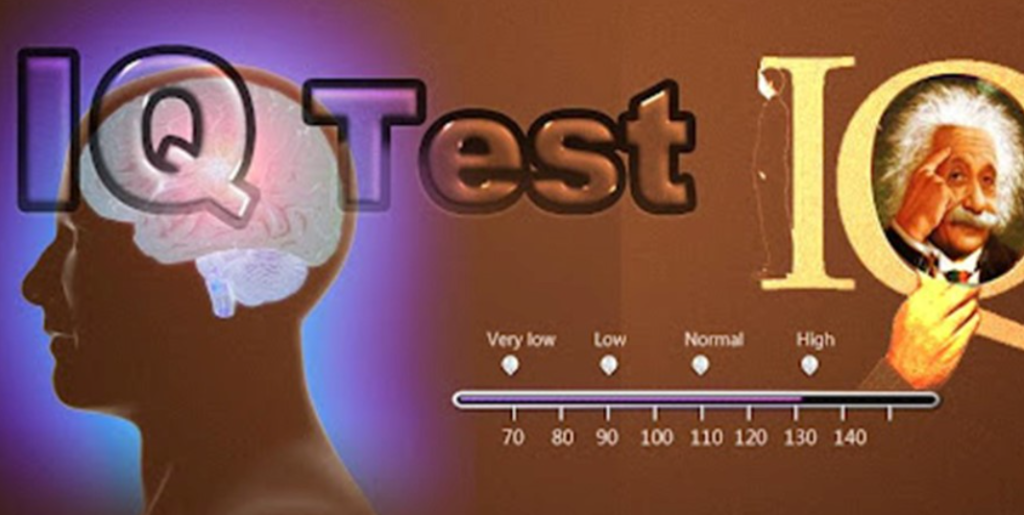When selecting a career, it’s essential to select one that aligns with your IQ test results. Otherwise, you could end up doing something too challenging or not suitable for you.
IQ tests measure reasoning ability, a key indicator of cognitive capacity. Unfortunately, they don’t take into account other forms of intelligence such as creativity or social skills.
Engineering
Engineers utilize mathematics and science to design new products, solutions, and technologies. Furthermore, they contribute towards creating a more sustainable future.
Are you interested in making a difference, working as part of an effective team and earning a good wage? Engineering could be your ideal career. This field continues to develop as technology progresses and there is always a demand for talented engineers.
A strong background in mathematics and science is necessary for an engineering career. Additionally, problem-solving abilities as well as an aptitude to collaborate effectively with others are necessary prerequisites.
Sciences

If you have an interest in life or physical science, a sciences career could be for you. These careers involve researching living organisms as well as non-living parts of the world through disciplines like chemistry, physics, astronomy and geology.
People in these fields apply scientific knowledge to practical applications, such as creating new technology or methods for solving problems. They also carry out research, collect data, analyze it, and communicate the outcomes to other scientists.
Human Resources
Human resources professionals are responsible for recruiting, hiring and training employees. Furthermore, they craft policies, programs and procedures that guarantee employee wellbeing and safety.
The profession is rapidly evolving, especially due to the advancements in technology. It offers a rewarding career with an exciting future ahead.
Gaining a bachelor’s degree and some work experience is an ideal way to launch your career in human resources. Afterwards, you may want to pursue a master’s degree in this field.
Marketing

The IQ test is often seen as the ultimate measure of intelligence, and while it is a valid metric, other indicators may be more indicative of your future success in the workplace.
Recent research, looking at more than one million business decisions, revealed that while having a high IQ score is important for job performance, an enhanced emotional intelligence (EQ) score was more likely to predict long-term success for an employee. This is because managing all the decisions facing businesses takes more brain power than what an IQ test alone can measure – often taking much larger chunks of brainpower than what an IQ test alone could measure.
Finance
Are you searching for a rewarding and challenging career? Consider studying finance. These positions offer stability, an attractive salary rate, steady demand projections and numerous advancement opportunities.
Finance jobs necessitate strong mathematics abilities, analytic and problem-solving aptitudes, as well as excellent communication and interpersonal abilities.
Most finance jobs necessitate a bachelor’s degree in the field or related experience; however, some roles may also be suitable for candidates without this educational prerequisite.
Education
IQ is an indicator of your intelligence and may even be used as a measure for career prospects. While IQ can be useful when selecting which careers suit you best, it shouldn’t be the sole factor determining your success.
Studies show that IQ scores can predict job performance, though correlations are weaker in certain fields than others. For instance, science and engineering IQ tests don’t seem to make much difference either way.

